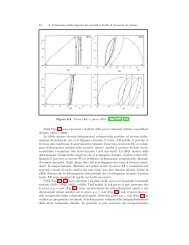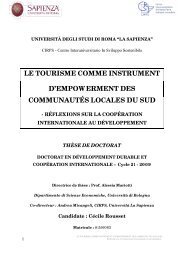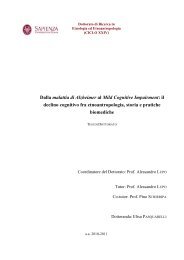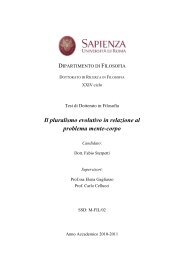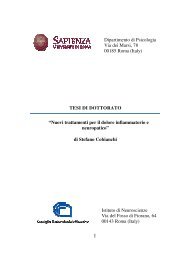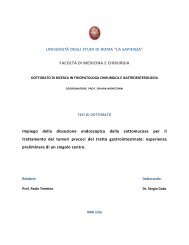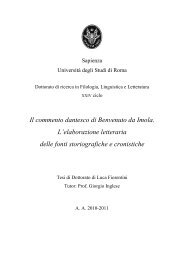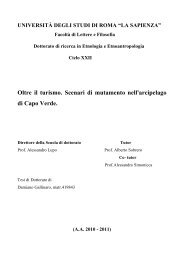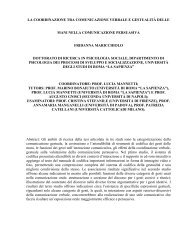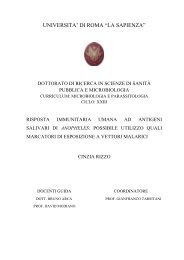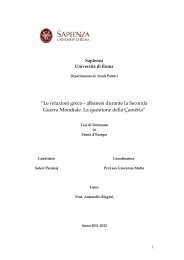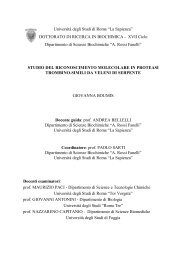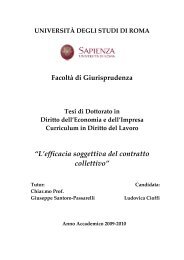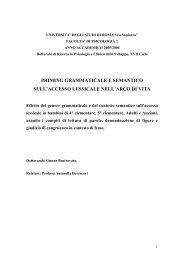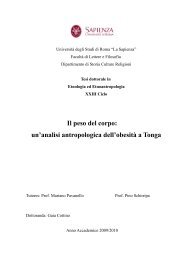You also want an ePaper? Increase the reach of your titles
YUMPU automatically turns print PDFs into web optimized ePapers that Google loves.
Antigone nel Novecento. L’individuo e la polis 107<br />
chiudersi nella dimensione della famiglia, ove le donne sono state rele-<br />
gate. Una vita politica presuppone, come si è visto ricordando il pensie-<br />
ro di Hannah Arendt, l’interazione di azione e parola nella sfera pubbli-<br />
ca. Sebbene Arendt se ne sia occupata solo marginalmente, molte delle<br />
sue riflessioni sembrano rinviare ad Antigone. In uno dei pochi passi che<br />
direttamente la nominano, si legge:<br />
However, while certainly only the foundation of the citystate<br />
enabled men to spend their whole lives in the political<br />
realm, in action and speech, the conviction that these two<br />
human capacities belonged together and are the highest of all<br />
seems to have preceded the polis and was already present in<br />
pre-Socratic thought. The stature of the Homeric Achilles can be<br />
understood only if one sees him as “the doer of great deeds and<br />
the speaker of great words.” 119 In distinction from modern<br />
understanding, such words were not considered to be great<br />
because they expressed great thoughts; on the contrary, as we<br />
know from the last lines of Antigone, it may be the capacity for<br />
“great words” (megaloi logoi) with which to replay to striking<br />
blows that will eventually teach thought in old age. 120<br />
La vera azione politica, prosegue Arendt, si realizza nel discorso, quella<br />
meno politica nella violenza, che è muta. Il riferimento agli eroi omerici,<br />
che accompagnano le loro gesta con grandi discorsi, sembra invece con-<br />
119 Il passo appare nel discorso del vecchio Fenice ad Achille in Iliade, IX, 443:<br />
“Per questo [il vecchio Peleo] mi mandò, <strong>per</strong> insegnarti ogni cosa, a parlare e ad agire<br />
nel modo migliore”. OMERO, Iliade, cit., p. 397.<br />
120 HANNAH ARENDT, The Human Condition, cit., p. 25. Gli ultimi versi<br />
dell’Antigone di Sofocle nella traduzione italiana recitano: “Le grandi parole, / che<br />
grandi colpi ripagano ai su<strong>per</strong>bi, / con la vecchiaia / insegnano ad essere saggi.” SO-<br />
FOCLE, Antigone, cit., p. 345. Il passo resta comunque di difficile interpretazione.



